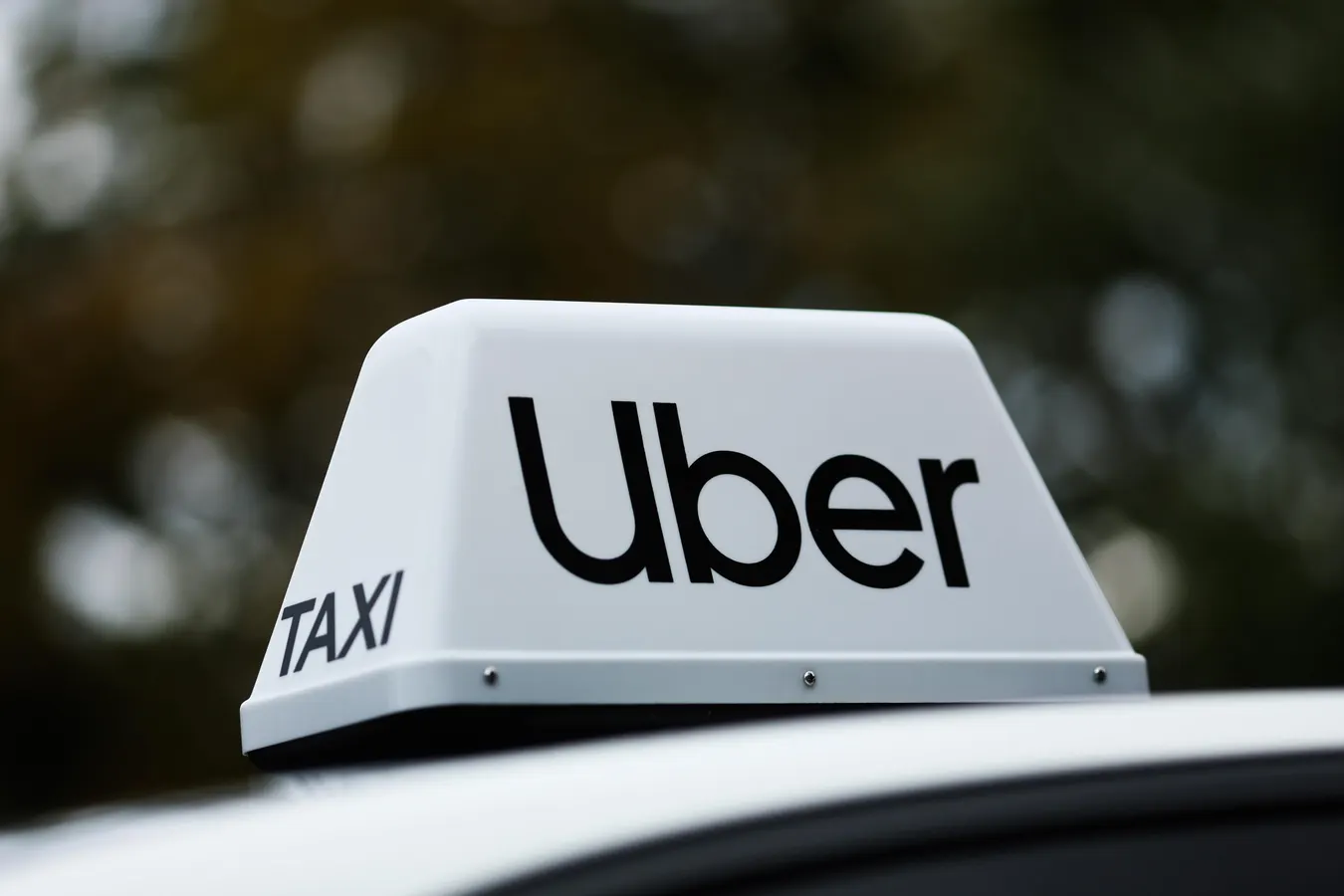UBER Stock Recent News
UBER LATEST HEADLINES
Uber and China-based self-driving tech firm Momenta announced plans on Monday to test level 4 autonomous vehicles in Germany next year, as the ride-hailing platform seeks to expand its robotaxi footprint amid rising competition.
Warren Buffett took control of Berkshire Hathaway in 1965 and promptly turned the "doomed" textile mill into a holding company focused on insurance. That decision created a steady stream of investable cash in the form of insurance premiums, and Buffett used that capital to build Berkshire into a trillion-dollar company through savvy acquisitions and stock purchases.
NEW YORK , Sept. 5, 2025 /PRNewswire/ -- S&P Dow Jones Indices ("S&P DJI") will make the following changes to the S&P 100, S&P 500, S&P MidCap 400, and S&P SmallCap 600 indices effective prior to the open of trading on Monday, September 22, to coincide with the quarterly rebalance.
Uber has achieved profitability and is experiencing robust revenue growth, driven by its dominant Mobility segment and rapid expansion in Delivery. The company's global leadership, strong network effects, and innovative offerings like Uber One and Journey Ads underpin its competitive advantage. Key risks include regulatory challenges around driver classification, competition in autonomous driving, and the low-margin nature of delivery.
When it comes to today's Big 3, Dan Deming explains why he's "cautiously optimistic" on Uber Technologies (UBER) for a bullish run. He notes Valero Energy's (VLO) opportunity to capture further upside even as the energy sector lags.
Uber Technologies (NYSE:UBER) is no longer seen as the underdog. After years of doubt regarding its ability to generate profit, the company has successfully silenced detractors and generously rewarded its shareholders.
Rob Isbitts from Sungarden Investors Club talks again to analysts Julia Ostian, Jack Bowman, and Kenio Fontes. Market risks are rising as valuations stretch, yield curves steepen, and concentration in mega-cap tech increases vulnerability.
UBER teams with Best Buy to bring electronics delivery to more than 800 stores via Uber Eats, boosting its diversification-related approach.
Valuations aren't everything. Sometimes expensive stocks are worth their steep price.
Recently, Zacks.com users have been paying close attention to Uber (UBER). This makes it worthwhile to examine what the stock has in store.









